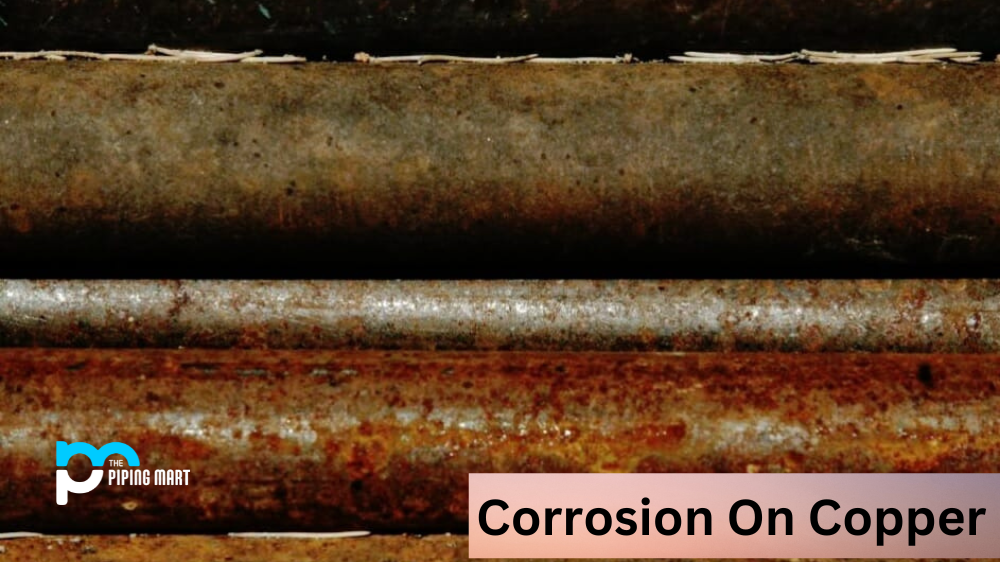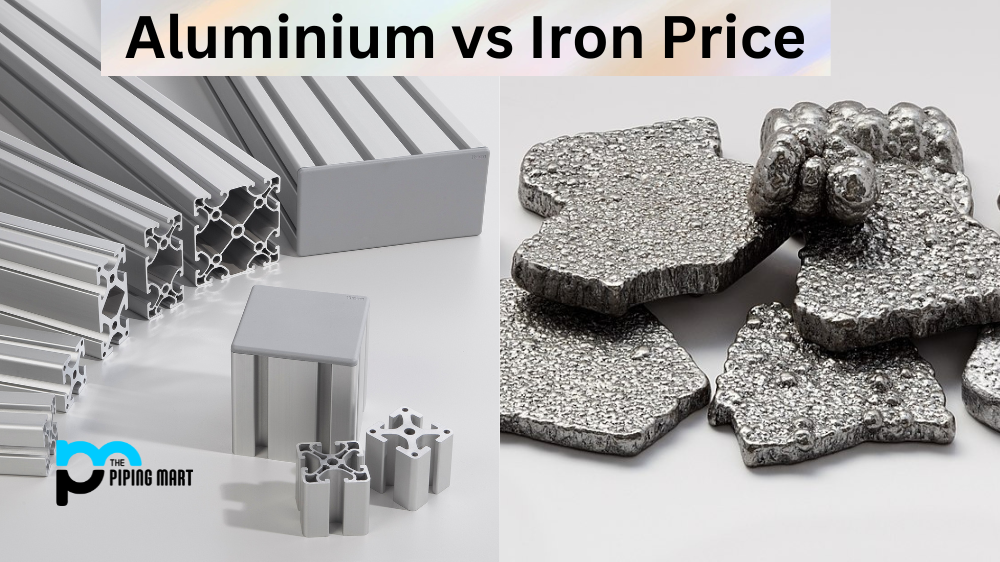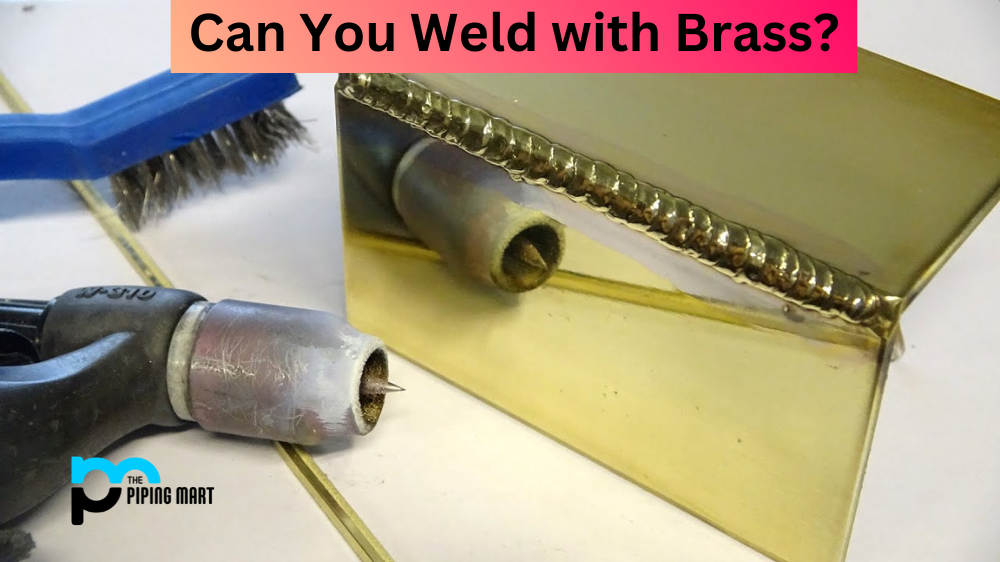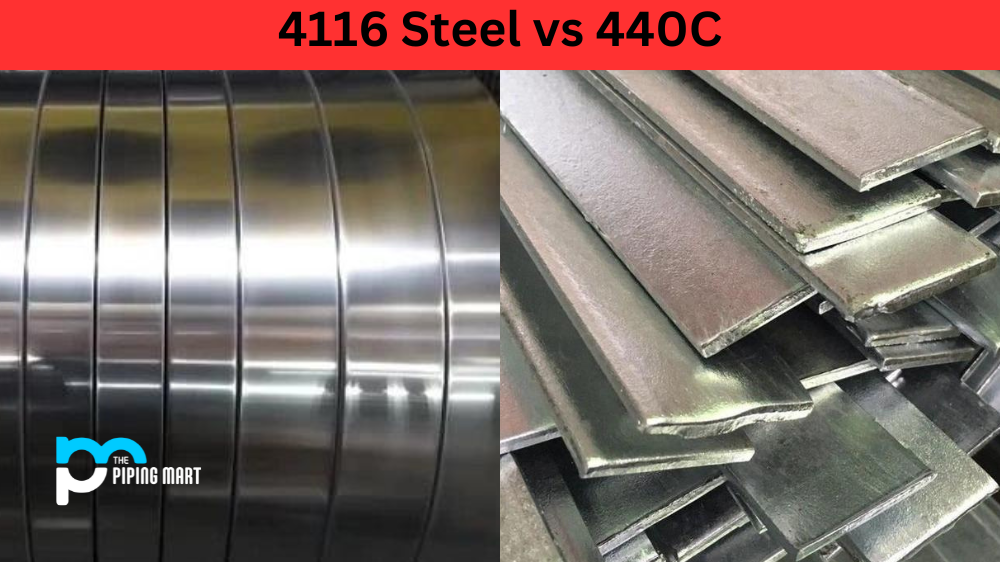Copper is durable, but over time, it can corrode due to environmental factors. The most common type of corrosion affecting copper is oxidation, which is caused by air or moisture. If left unchecked, this corrosion can cause irreparable damage to the copper. Fortunately, there are ways to remove corrosion from copper and restore its original shine and luster. Let’s take a look at how to do it safely and effectively.
How to Remove Corrosion From Copper
The first step in removing corrosion from copper is to clean the surface of any dirt or debris. This will make it easier for you to identify any areas of corrosion and help protect against further damage while cleaning the copper. Once the surface has been cleaned, you will need to use a gentle cleaning solution such as vinegar or baking soda mixed with water to remove the corrosion without damaging the metal beneath it.
Once you have applied your cleaning solution, allow it to sit on the surface of the copper for around 15 minutes before scrubbing gently with a soft cloth or brush. This will help break down any stubborn areas of corrosion and make them easier to remove. After scrubbing, rinse off the solution with clean water and dry thoroughly with a soft cloth.
If there are still areas of corrosion remaining after this process, try using a commercial metal polishing compound such as Brasso or Flitz Metal Polish on a soft cloth to buff away any remaining residue. It may take several applications of the polishing compound to get your copper back in pristine condition. Still, with patience and dedication, you should be able to restore your copper to its former glory!
For tougher jobs that require more specialized solutions, Metric Marketing provides professional metal finishing services for all types of metal surfaces, including brass, bronze, aluminum & stainless steel surfaces, as well as other specialty metals like nickel & gold plating services.
Conclusion:
No matter what type of metal surface you’re dealing with—from brass fixtures in your home bathroom or kitchen faucets and sinks—removing corrosion from metal requires special care so that no additional damage is done during the process. Fortunately, corrosion can be removed from metal surfaces without damaging them if done properly—whether through DIY methods like those outlined above or through professional services. So don’t be afraid; tackle those corroded pieces yourself, knowing they can be restored to their original state!
Rachana is a dedicated and ambitious young woman who has made a name for herself in the metal industry. From her earliest days in the industry, Rachana showed a natural talent for problem-solving and a keen eye for detail. In her free time, She enjoys reading up on the latest advancements in the industry, as well as exploring new ways to innovate and improve upon existing processes.




